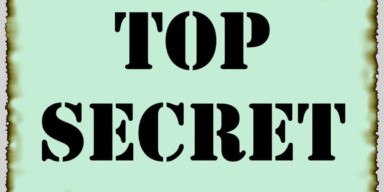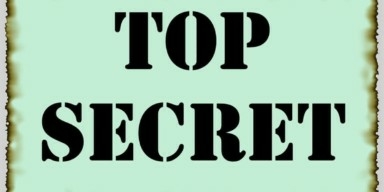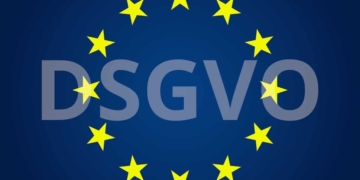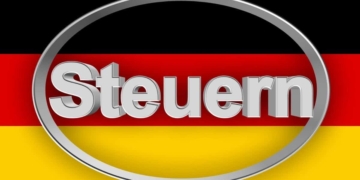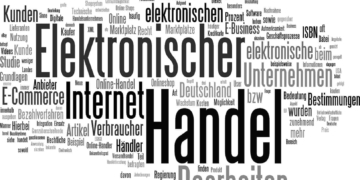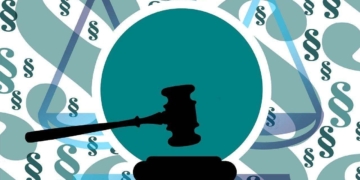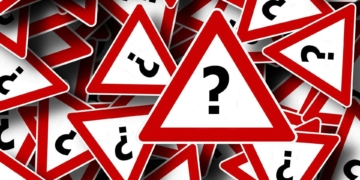With a 10-month delay, Directive (EU) 2016/943 on the protection of confidential know-how and confidential business information against unlawful acquisition, use and disclosure (EU Secrecy Directive) will finally be implemented in Germany in April. The German government adopted the draft submitted by Dr. Katarina Barley last July. The directive ensures a uniform minimum level of protection for trade secrets throughout Europe. At the same time, explicit regulations for the protection of whistleblowers are created for the first time.
The core of the bill is the new law on the protection of trade secrets. Under this law, companies can assert civil claims such as injunctive relief and damages in the event of unauthorized acquisition, use or disclosure of trade secrets. The existing protection in German law will thus be improved and legal certainty for companies increased. The protection of trade secrets from disclosure in legal proceedings is also improved. Thus, information in dispute can be classified as confidential when a lawsuit is filed, thereby limiting the group of people who have access to documents and negotiations in which trade secrets are disclosed.
The Act on the Protection of Trade Secrets also takes into account the protection of whistleblowers and journalists. To this end, it contains rules for situations in which the acquisition, use or disclosure of trade secrets is not unlawful. This applies, for example, to cases in which the act serves to exercise freedom of expression and information or to uncover misconduct and unlawful acts.
A trade secret in the future will be any information_
(a) which is not generally known or readily accessible, either as a whole or in the precise arrangement and composition of its components, to persons within the circles that normally deal with this type of information and is therefore of commercial value; and
(b) which is the subject of measures of secrecy appropriate in the circumstances by its legitimate holder; and
(c) for which there is a legitimate interest in maintaining secrecy.
However, trade secrets must also be adequately protected. This applies both to precautions in IT and similar areas, but also to the drafting of contracts. I can help with the last one 😉
Sections 17-19 of the UWG will also be amended, although not much will change.
